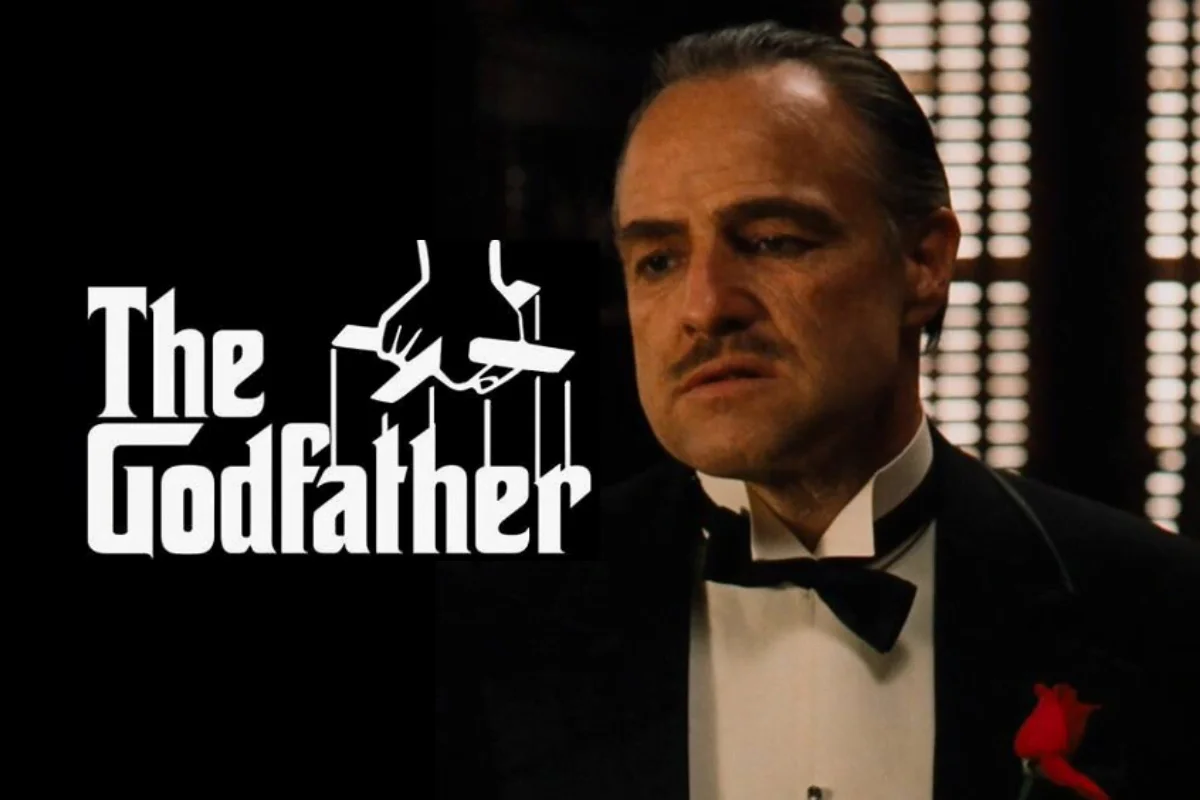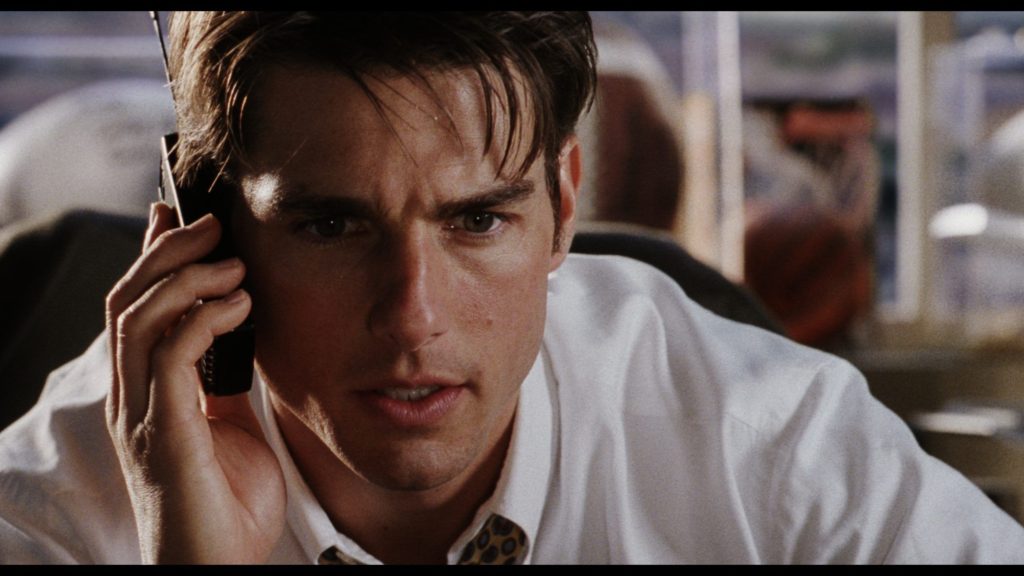Mario Puzo’s novel The Godfather was first published in 1969, topped the New York Times best seller list for more than a year, and at last count had sold over 10 million copies. It also spawned a film trilogy…The Godfather (1972), The Godfather Part II (1974), and The Godfather Part III (1990)…which between them collected 28 Academy Award nominations and won 9 Oscars, reinforcing the status of legendary actor Marlon Brando and launching the careers of director Francis Ford Coppola and actors Robert De Niro and Al Pacino.
But apart from being an absorbing study of the rise of the mafia in America, the film series has also long been considered to be of great academic value in the business world. Forbes Magazine’s poll of the best business movies of all time ranked The Godfather Part II as second behind Orson Welles’ Citizen Cane, with The Godfather coming in fourth in front of Oliver Stone’s Wall Street.
Commencing with the arrival of the young Sicilian Vito Corleone in New York in the early 1900’s, the story of Vito’s rise to power within the Mafia, and the involvement in the “family business” of his children Sonny, Fredo and Michael, is of itself great entertainment, but also highly instructional as a case study for family business succession.
Here are just a handful of issues which the characters are forced to deal with…some more successfully than others.
1. Your choice for a successor may seem clear…but even if the person is keen, he or she may not be right for the job.
Following Don Vito’s attempted murder by the rival Tattaglia family, it is the eldest brother Sonny who takes over as head of the Corleone family; however this proves disastrous as Sonny has neither the ability to think strategically nor the temperament required to lead the family into war with their rivals. As a result, the Tattaglias are able to use Sonny’s hot-headed response to a personal situation against him, luring him away from his family to be gunned down at the Long Island toll booths.
2. Once you identify a potential successor, you need to develop a skills-related succession plan that is aligned with your timeline for retiring or winding down your involvement.
Before the youngest brother Michael came to power, he had made it known that he wanted nothing to do with the family business, instead choosing a career in the U.S. Marines; however when circumstances required him to become involved, he was well prepared by Don Vito, who saw in Michael the clear and unemotional thinking that Sonny lacked. This is also a good example of the rule “All family members should have work experience outside the business”.
3. If you run a family business, you need to consider emotionally challenging issues that may call the skills of your family members into question.
Rather than seek revenge for Sonny’s killing, Don Vito responds in a remarkably unemotional manner, by negotiating a ceasefire with the heads of the other Mafia clans; he reasons that a war would only threaten the survival of their collective business interests. Although grief-stricken, he instructs his consigliere Tom Hagen: “I want no inquiries made. I want no acts of vengeance. I want you to arrange a meeting with the heads of the Five Families. This war stops now.”
4. Choosing your successor involves more than finding a new leader. You’ll also need to consider senior management positions that are equally important to maintaining continuity today and in the future.
Tom Hagen, the family’s lawyer and most trusted advisor, plays a key role in the decision-making process at the highest family level, but he is not a blood relative. When Michael leaves New York following a murder attempt on the lives of his family, he relinquishes all control over the family business to Tom, as he is clearly the best qualified for the job.
5. The next generation may consider leadership and equity ownership a birthright, which can lead to disappointment and frustration if what they believe is meant to be never happens.
The middle son of the Corleone family, Fredo, was given key positions in the organisation but was an abject failure in all of them. Frustrated by his inability to make his mark in the family business, and feeling that he was not given the respect he deserved, Fredo provides important information to Michael Corleone’s rival Hyman Roth, a decision which by the end of Part II sees Fredo “sleeping with the fishes” at the bottom of Lake Tahoe.
6. Many owners start their business so they can take control of their lives. When it’s time to go, and lose control, they are understandably reluctant to hand the reins to someone with less experience.
When Michael returns from exile in Sicily, Don Vito willingly goes into semi-retirement to allow Michael to take over as the head of the family business; rather than risk sending mixed messages, Vito is content to remain in the background, offering Michael his personal counsel when required. In contrast, years later Michael struggles to identify a successor, eventually settling on his dead brother’s illegitimate son Vincent Mancini, a man cursed with same hot-blooded temper as his father, Sonny, and perhaps headed towards a similar fate; it is in Part III that Michael complains “Just when I thought I was out…they pull me back in”.
Robert Powell FCA GAICD is the founder and Managing Director of Family Boards Pty Limited, a specialist consultancy helping family companies achieve best practice in board governance and risk management. He is a Chair of the business leader peer support group Leadership Think Tank Australia, an accredited specialist adviser member of the Family Business Association (AU), a Certified Family Business and Family Wealth Adviser with the Family Firm Institute, a Graduate of the Australian Institute of Company Directors, and a Fellow of Chartered Accountants Australia and New Zealand.







